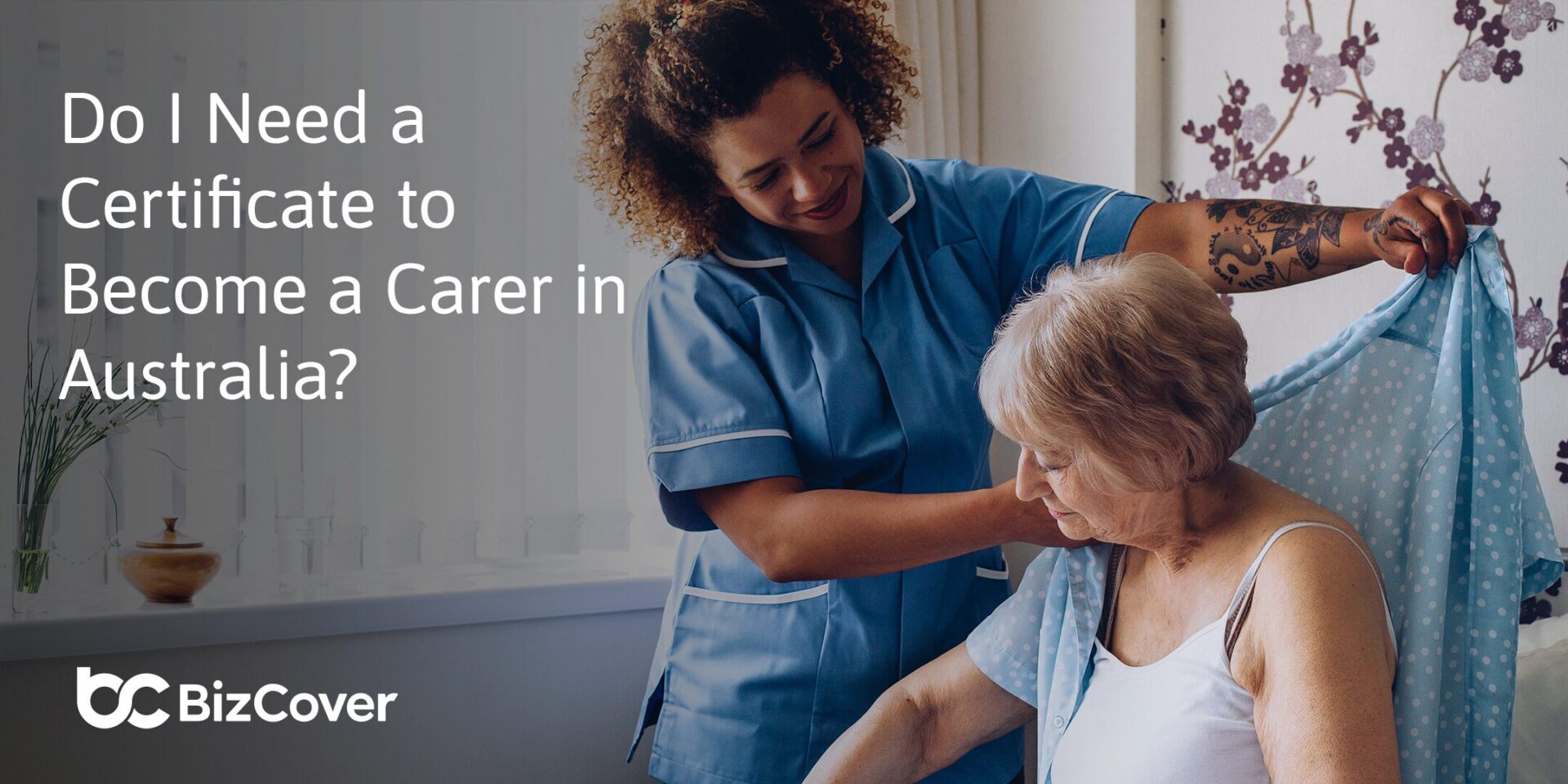Tips for getting the best and cheapest Public Liability insurance for your business

If you’re a sole trader or small business owner, you know how important it is to protect your work and your customers. Even when you take care, accidents can still happen. Without insurance, you could face large legal or compensation costs that might seriously affect your business.
That’s why many small business owners choose Public Liability insurance to help them manage everyday risks.
What is Public Liability insurance?
Public Liability insurance helps cover costs if someone claims your business caused injury, death, or property damage. It’s possibly the most common type of insurance taken in Australia, as it covers basic risks and is sometimes required for specific occupations, business contracts, and commercial leases.
Do you need Public Liability insurance?
Businesses that deal with customers, suppliers, or the public may benefit from this cover.
For example:
- A café owner whose customer slips on a wet floor.
- A tradie who accidentally damages a client’s fence.
- A market stallholder whose product causes injury.
- A consultant who visits client sites regularly.
Without cover, you could face costly legal fees or compensation expenses.
Recommended reading: Do I Need Public Liability Insurance
Public Liability and risk management
Public Liability insurance forms part of your overall risk management plan. It helps cover financial losses from third-party injury or property damage claims, but it can’t replace safe business practices or compliance with workplace safety laws. Maintaining proper safety procedures, staff training, and record keeping reduces your exposure to claims and can even lower your premium.
Your business activities
Every business is different, and so are its risks. Check your policy carefully to ensure it includes all your business activities. Read the fine print, and look out for exclusions or endorsements that could limit your cover.
Ask yourself:
- Does the policy include both Public and Product Liability?
- Are all your services or trading activities covered?
- Who exactly is insured under the policy?
Choosing the right level of cover
At BizCover, you can select from $5 million, $10 million, or $20 million in cover (often called “limits of liability”).
- $5 million generally suits sole traders or small, low-risk businesses such as consultants or office-based professionals.
- $10 million is common for medium-sized businesses, trades, or retailers that interact with customers daily.
- $20 million may suit high-risk sectors like construction, manufacturing, or hospitality.
There’s no single legal minimum in Australia, but many contracts and licences require a set amount of cover. For example:
- In Queensland, electrical contractors must hold at least $5 million in Public and Products Liability cover plus $50,000 consumer protection to be licensed.
- Always confirm what applies to your work through your industry regulator or licensing authority.
Coverage levels explained
Higher limits provide more protection for your business, but generally also cost more. The right balance depends on your business size and risk profile.
When deciding on cover, you may want to think about:
- The size of your contracts and clients.
- The number of people you deal with.
- The potential cost of property damage or injury claims.
What should you check when choosing a policy?
Before buying a policy, review these key points:
1. Cover inclusions and exclusions
Check that all your business activities are listed in the policy. Understand what’s covered and what’s not. Some exclusions may leave you exposed if a claim falls outside your policy’s scope.
2. Do you need higher levels?
Think about the size of your contracts and the level of risk in your work. A larger or higher-risk job may need more than the minimum cover.
3. Check requirements
Before buying a policy, confirm if clients, councils, or industry regulators set specific insurance limits. Meeting these conditions helps you stay compliant and win contracts.
4. Shop around
Compare multiple insurers. Look at both price and cover options. The cheapest Public Liability policy may not always be the best. Make sure it fits your actual risk and business needs.
5. Weigh price vs. value
When comparing quotes, check what’s included in each policy. A slightly higher premium can often mean better claim support, more flexibility, and faster service when you need it.
6. Tailor your cover to your needs
Every business is unique. Choose cover that fits your size, contracts, and level of public exposure. BizCover lets you compare multiple insurers online, helping you find the right level of protection without the paperwork.
7. Bundle your policy
With BizCover, you can bundle your Public Liability with cover for your business equipment, premises and other assets in a Business Insurance Package. It’s quick, transparent, and designed to help you save. Plus, with our Price Promise, if you find a cheaper quote for the same cover, we’ll try to beat it.
Save on premiums without cutting protection
Business owners often look for cheap Public Liability insurance, but the cheapest policy may not be the best for your business. You may still be able to save money by:
- Adjusting your cover level to match your actual risk.
- Keeping claims history clean.
- Paying annually instead of monthly to avoid extra fees.
- Combining multiple insurance policies in a Business Insurance Package.
This information is general only and does not take into account your objectives, financial situation or needs. It should not be relied upon as advice. As with any insurance, cover will be subject to the terms, conditions and exclusions contained in the policy wording or Product Disclosure Statement (available on our website). Please consider whether the advice is suitable for you before proceeding with any purchase. Target Market Determination document is also available (as applicable). © 2025 BizCover Pty Limited, all rights reserved. ABN 68 127 707 975; AFSL 501769.


